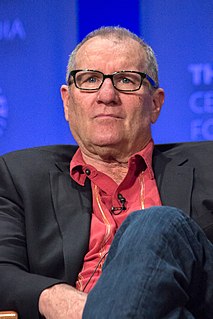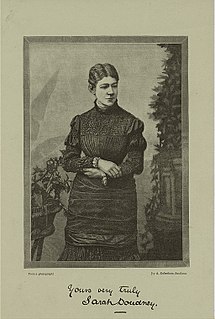A Quote by Fanny Kemble
I have been taking my daily walk round the island, and visited the sugar mill and the threshing mill again.
Related Quotes
The change began with John Stuart Mill and the Utopians . When Mill pointed out that economics had no ultimate solution to the problem of distribution , that society might do with the fruits of its toil as it saw fit, he introduced into the mechanical calculus of the market a conflicting calculus of moral judgment.
John Stuart Mill believed that the only acceptable reason for government to limit a person's liberty was to prevent him from causing unacceptable harm to others. Mill was not a libertarian, but many libertarians are quick to cite this principle when arguing against a regulation that they oppose. And I believe most thoughtful libertarians are prepared to embrace something fairly close to Mill's harm principle. But accepting that principle implies accepting many of the institutions of the modern welfare state that libertarians have vigorously opposed in the past, such as safety regulation.
Listen to the Water-Mill: Through the live-long day How the clicking of its wheel Wears the hours away! Languidly the Autumn wind Stirs the forest leaves, From the field the reapers sing Binding up their sheaves: And a proverb haunts my mind As a spell is cast, "The mill cannot grind With the water that is past.
I worked in a steel mill, I worked in a foundry, I worked in a paper mill, I worked in a chemical refinery, construction, I did all that. It was great work, it was good. I learned welding, mechanic, carpentry, but it saved me from going back to prison because that's helpful. It's really sad because those jobs are gone.




































